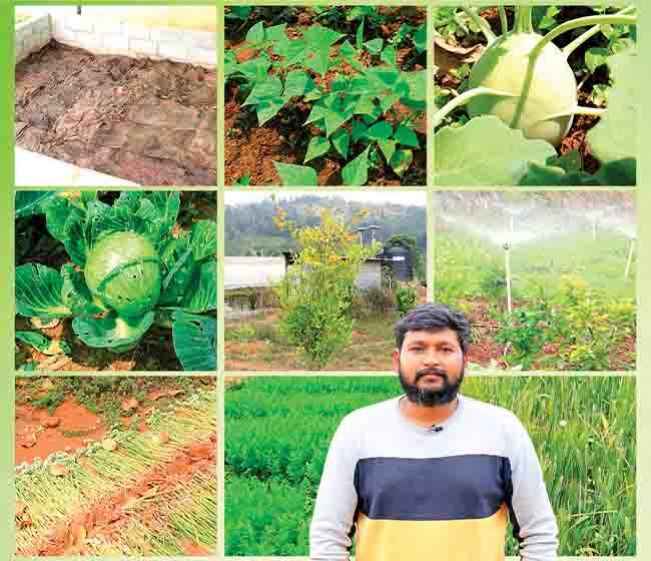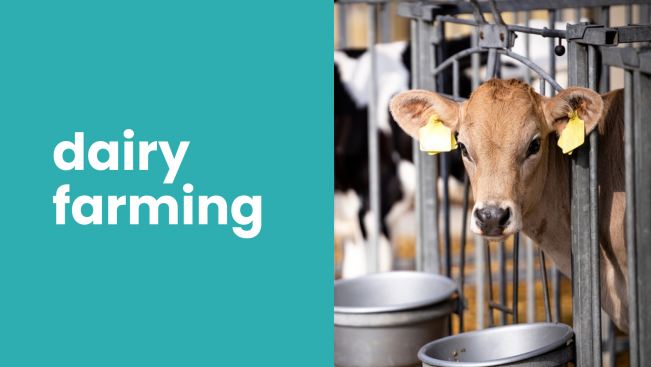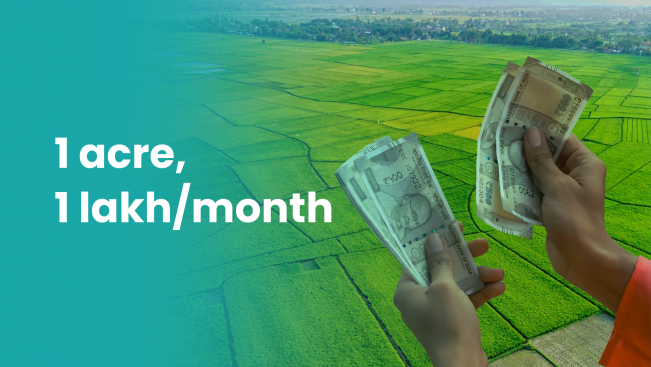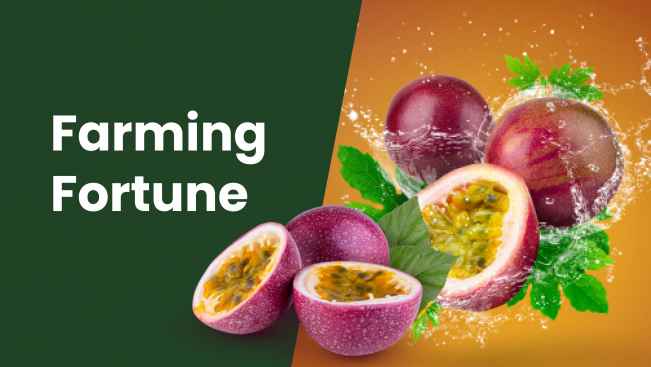Are you ready to take your farming practices to the next level? With the organic farming revolution taking over the world, the demand for healthy and sustainable food sources has never been higher. This course is designed to help you meet this demand and positively impact the world.
With practical and replicable techniques, this course is designed for anyone looking to start or expand their organic farming venture. Our experienced mentor, Kumara Garu, the IT professional turned organic farmer with a 19-acre organic farm will share his knowledge and expertise. This course not only covers the theory of organic farming but also the practical application, making it a reliable source of knowledge for you to draw from.
This course offers a wide range of advantages. You'll be able to supply your consumers with top-notch, organic produce in addition to increasing your revenue. This course will equip you with the skills necessary to take advantage of the multiple opportunities presented by the burgeoning organic agricultural business.
We, at ffreedom app, recognize that establishing a new venture can be intimidating, but this course will help you overcome your fear of the unknown. To see the potential of this course and the effects it can have on your life, please view the course video. What are you still holding out for? Earn up to 1.2 lakhs per acre by joining the organic agricultural movement!
Learn the basics and advantages of organic farming in today's world.
Get to know our expert farmer and mentor, Kumara Guru.
Examine the foundational issues of organic farming. e.g., what is organic farming, outline the agricultural method step-by-step, etc.
Discover the capital requirements and government subsidies available for organic farming.
Learn about the impact of climate on your organic farm.
Master the art of preparing your land for a successful organic farm.
Get tips on efficient irrigation and disease management in organic farming.
Learn about harvesting, packaging, transportation, and marketing of organic produce.
Learn how to create demand, manage the supply chain, and export organic produce. Boost your income.
Track your profits & expenses, analyze your organic farming business, and make informed decisions for growth.
Overcome common challenges in organic farming and ensure long-term success. Stay ahead of the competition.

- Farmers seeking sustainable and profitable agriculture practices
- Entrepreneurs looking for a niche in the organic produce market
- Individuals interested in the health and environmental benefits of organic farming
- Agricultural students seeking practical knowledge
- Small-scale farmers aspiring for increased profits



- Organic farming techniques & practices
- Sustainable agriculture strategies
- Market Analysis & customer demand
- Building & managing an organic farm
- Maximizing profits through organic farming in India
Once you purchase a course, it is with you forever on the ffreedom app. You can learn and revisit the chapters any number of times.
You can view the course videos at your convenience by downloading the entire course content on your mobile. Learn at your pace and from anywhere.
Get certified on completing a course. Each course will earn you a certificate that will help you display your newly gained skills.




Get certified on completing a course. Each course will earn you a certificate that will help you display your newly gained skills.
Buy this course for ₹599 and get lifetime validity for it on the ffreedom app
Other courses on ffreedom app you might be interested in...













